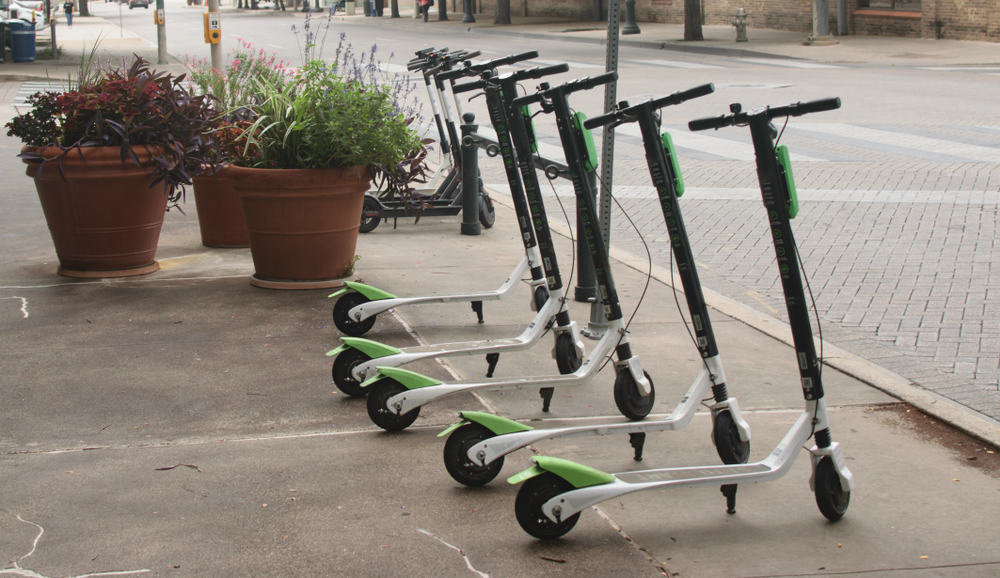Over the last few months, electric scooter company Lime has been in the news repeatedly – but usually for the wrong reasons. Uber-backed startup Lime has been in a fierce battle for dominance in the electric bike-sharing market. Lyft (the U.S. rival to Uber) entered the market by buying e-bike startup Motivate, and several other startups like JUMP (again, a Uber-owned company), Bird and Spin all fighting for market share. But in this race, Lime seems to be slipping with issues that range from fragile bike build to batteries catching on fire.
News broke over the weekend that Lime is pulling all of its e-scooter fleet from Switzerland, after reports came in about people being injured after multiple scooters abruptly braked on their own. Before halting operations in the country, Lime’s fleet had been active in Zurich and Basel.
Lime has announced that its scooters would be subjected to safety checks to understand where the issues stemmed from, with an underlying software coming under scrutiny for the malfunctions. Apparently, a recent software update caused the bikes to reboot themselves during rides, and prompted an anti-theft immobilization system to brake the scooters without manual intervention.
Removing its fleet from Switzerland could be a blow to Lime’s European ambitions, especially as it is seeking to raise money at a valuation of around $3 billion. While the fleet size in Switzerland was only 550 e-scooters (which would not overly damage its bottom line), the retreat from the country may hurt Lime’s image. Excluding Switzerland, Lime is currently active in nine countries and 16 cities across Europe.
However, braking episodes are not the only problems that Lime has had to contend with over the last year. Initial issues included users complaining about the scooters’ delicate build, as the stems and stepping decks of several scooters broke under duress. In response Lime introduced an upgraded bike model that is now more durable and can endure rougher terrains.
More recently, Lime learned that some of its electric bikes caught fire when pushed to their limits. The issue centered on batteries that were produced by Chinese supplier Segway Ninebot. A spat followed between Ninebot and Lime, with the latter accusing Ninebot of botching battery production.
Ninebot, however, clarified that the problem was not with the batteries themselves, but with how Lime understood their functioning. Ninebot stated that the standard of its batteries remained consistently high, and that the responsibility to ensure the e-scooters were not operated improperly was Lime’s.
All this apart, the electric scooter community at large needs to contend with issues that are not Lime-specific, like widespread vandalism and stringent regulations. Various instances have been reported across the world of electric bikes being struck down, burned, and even being thrown into nearby bodies of water.
Regulations are a bigger headache, especially since city administrations across the world frame rules differently based on their traffic situations and their views regarding alternative mobility. Certain cities like London classify e-bikes as motorized vehicles and thus require license plates on every e-bike that takes the road. A bill proposed by Massachusetts state representative Michael Moran is seeking an exemption for electric bikes to run on the streets without brake lights and turn signals – a requirement for all vehicles in the state of Massachusetts.
After the Chinese bike-sharing debacle, cities are cautious to give free rein to e-scooter startups, as too many bikes on city sidewalks could spell disaster to pedestrian movement. That said, regulation changes would take time, and it is up to the e-scooter startups to circumvent issues and gain traction – and in the case of Lime, to stay out of trouble while gaining ground across the world.











